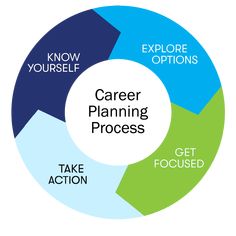Introduction:
Further Education (FE) colleges play a crucial role in preparing students for the ever-changing job market. Therefore, it is essential that these institutions provide comprehensive career services to equip their students with the necessary tools and resources to navigate and excel in their chosen fields. Unfortunately, many FE colleges struggle with limited resources and funding constraints. This article will explore the benefits of extending careers services in FE colleges and discuss effective strategies for achieving this goal.
Benefits of Extending Career Services in FE Colleges:
1. Better Job Prospects: By offering broader career services, students will have more opportunities to secure employment upon completion of their studies. This can lead to higher rates of graduate employment, which benefits both the individual and society as a whole.
2. Personal Growth: Career services can help students build essential life skills such as communication, problem-solving, decision-making, and leadership. These skills are transferable across various sectors and useful throughout one’s lifetime.
3. Enhanced Curriculum: Through engaging with industry professionals, FE colleges can expose students to real-world applications of their coursework, ensuring that their learning is aligned with current trends and employer expectations.
4. Stronger Professional Networks: Career services facilitate networking opportunities for both students and educators to connect with local businesses, alumni, community leaders, and other professionals in their respective fields.
Strategies for Extending Career Services in FE Colleges:
1. Increase Funding: Lobbying for additional funding from the government or seeking financial support from private sources such as alumni or community partners can help reduce financial constraints on extending career services.
2. Collaborate with Employers: Proactively engage with industry leaders and professionals to provide opportunities such as internships, guest lectures, workshops, and real-world projects for students.
3. Develop Student-Specific Programs: Offer personalized career guidance programs tailored to each student’s individual needs, goals, strengths, weaknesses, interests, and aspirations.
4. Leverage Technology: Utilize technology to deliver career services through online platforms, virtual workshops, and digital resources that are accessible to a wider audience.
5. Improve Data Collection and Analysis: Collect and analyze data on student outcomes, employer preferences, and industry trends to adapt and enhance the effectiveness of career services continually.
Conclusion:
Extending career services in FE colleges is crucial in preparing students for the competitive job market and cultivating well-rounded individuals capable of contributing positively to society. By increasing funding, collaborating with employers, developing student-specific programs, leveraging technology, and improving data collection and analysis, FE colleges can significantly expand their career services offerings and help students succeed both during their studies and in their post-graduation endeavors.




